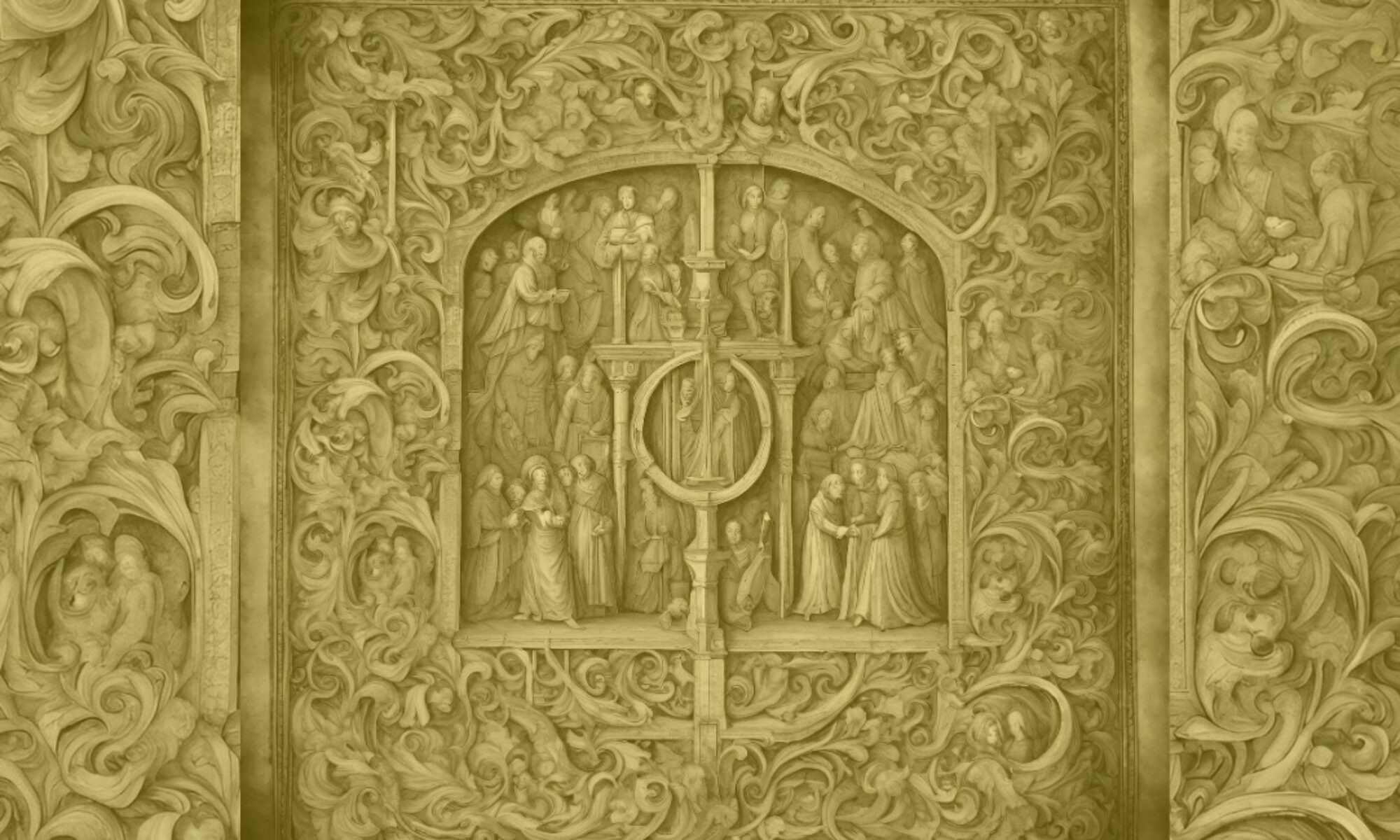Kayden’s talk is called, “Tracking the Dionysus Myth in The Goldfinch Film and Modern Life”

At the heart of the film, The Goldfinch, aspects of the Dionysus myth emerge guiding us back home from loss and death to renewal. Donna Tartt’s substantial novel won the 2014 Pulitzer Prize, now adapted for film. This coming of age story follows the lives of Theo and Pippa, teenagers who survive a bombing of the Metropolitan Museum of Art and who continue to live in the deafening aftermath. Through a mythological and depth psychological lens, the underlying mythic structure of this film is explored as a living, vital encounter with Dionysus, what Rafael Lopez-Pedraza calls a culturally repressed and misunderstood archetype. Within Donna Tartt’s carefully curated characters and the director’s choices for image and silence, an archetypal resonance emerges. Central to the storyline is a seventeenth century painting functioning as the archetypal image of irrepressible life, the essence of Dionysus. Theo’s dream to face his mother echoes Dionysus’s journey to the underworld to immortalize his mother. When asked where she found inspiration for this book, Tartt indicates that it is The Odyssey and the Greek tragedians that continue to inspire her. This presentation makes the case that cultivating a mythic consciousness continues to be a modern imperative.
About Kayden
Kayden Baker-McInnis is a PhD candidate in Mythological Studies with an Emphasis in Depth Psychology working on an ecological dissertation focusing on the Greek figure Dionysus in relation to nature, body, and gender. She teaches language arts to school-aged students and offers adult myth classes. Her workshops include a humanities-based writing process engaging comparative mythology, cultural studies, and depth psychology in Salt Lake City.









